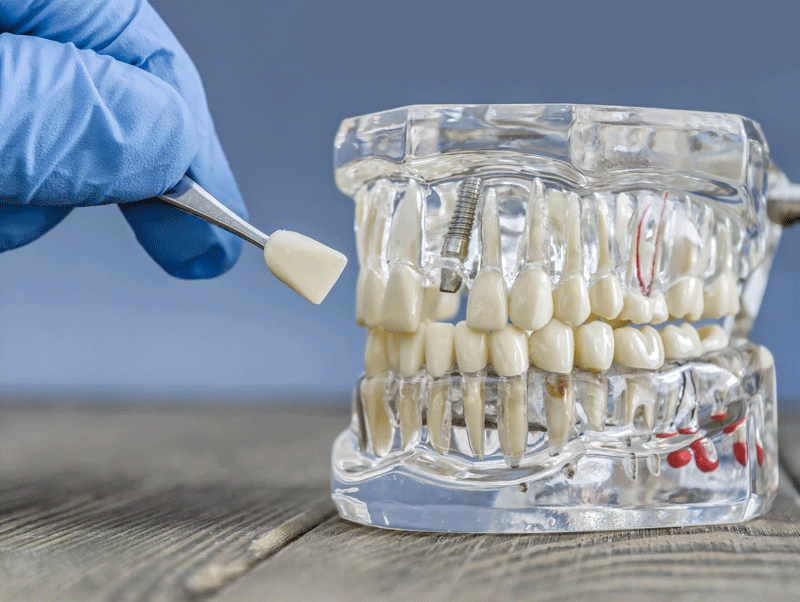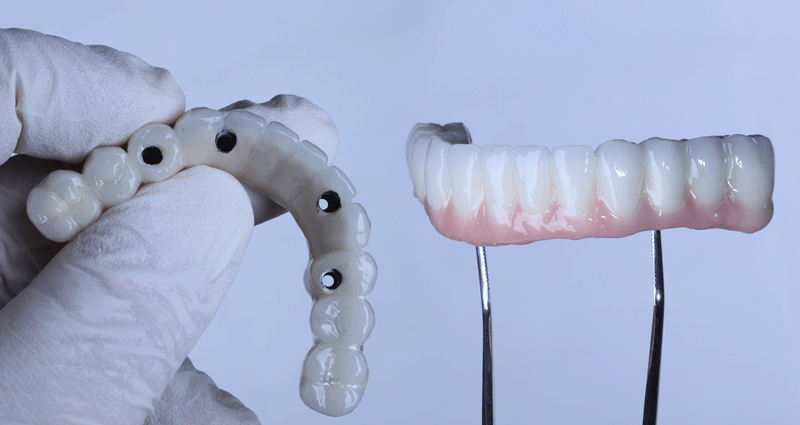Wisdom teeth are a curious thing. They don’t seem to serve any real purpose, yet most people get them, but not everyone. And those who do develop wisdom teeth will more than likely need to get them removed. Here, you’ll find the low-down on what wisdom teeth are, why we need to get them removed and what to expect before and after the procedure.
What are wisdom teeth?
Wisdom teeth are molars, the set of teeth we use to chew food. They are the last adult teeth to come in and usually appear in the late teens or early twenties completing a set of 32 adult teeth. In fact, they’re said to be called wisdom teeth because they develop in young adulthood instead of as a child. They are at the very back of the jaw and usually come in fours—two on the top and two on the bottom. It’s thought that wisdom teeth were once essential for the diet of ancient humans, however as we have evolved, our jaws have shrunk (leaving little room for wisdom teeth) and some people don’t even have them at all.
Because our jaws don’t typically provide space for wisdom teeth, problems can arise when they start to come in, and even before. Some of the problems people experience when they start to get their wisdom teeth include:
• Overcrowding of teeth
• Crooked teeth
• Impacted wisdom teeth
What is an impacted tooth?
When a wisdom tooth is impacted that means that it’s growing in at an angle instead of up and down like the rest of our teeth. This can cause damage to other teeth and may lead to an infection that can spread to other parts of the mouth. According to the Mayo Clinic, some symptoms of an impacted tooth are:
• Swelling and redness of the gums
• Bleeding of the gums
• Swelling and pain in the jaw
• Bad breath
• An odd taste in the mouth
Because of the risk of an impacted tooth and other factors, most people need to get their wisdom teeth removed. According to WebMD, an estimated 10 million wisdom teeth are pulled each year in the United States.
How are wisdom teeth removed?
There are generally two different ways to perform a wisdom teeth removal: surgically or with local anesthesia. In severe cases, and when the wisdom teeth are still well below the gum line, an oral surgeon will need to extract them. However, the most common method is a simple extraction which can be performed at your dentist’s office in one visit.
For a simple extraction, your dentist will use a local anesthetic, such as novocaine, to dull sensation around the area where the removal will take place. The first step is to make an incision in the gums to sever the connection between the tooth and the jaw. Then the dentist will pull the teeth out using dental pliers. In extreme cases, part of the jaw bone will need to be removed to sever the tooth’s connection, and sometimes the tooth needs to be broken into pieces in order to be removed. But don’t worry, the local anesthetic makes this process practically painless.
What do I do after my wisdom teeth are removed?
Immediately after the procedure it’s important to avoid anything that could possibly cause irritation to the mouth. This includes not brushing your teeth for 24 hours prior. What to eat after wisdom teeth removal is very important, and you shouldn’t eat hard foods until your mouth has had a chance to heal. Perhaps most importantly, it’s critical to avoid vigorous rinsing and anything that could risk a dry socket.
What is a dry socket?
A dry socket is when the blood clot needed for the site of the extraction to heal either doesn’t develop or is somehow removed. A dry socket can be an incredibly painful experience. The best way to keep from having to go through this is to avoid sucking and other things that can disrupt the blood clot. Drinking from a straw and smoking are both common causes of dry socket. Smoking can also delay the healing process in other ways and should always be avoided.
We can help!
If you haven’t already had your wisdom teeth removed, talk to your dentist about what to expect and what they can do to help you prepare. McKenzie Family Dentistry in Hannibal, Missouri takes great care to make sure the procedure is done correctly and with minimal discomfort to the patient. Get in touch today to learn more about how we can help you with a wisdom tooth extraction.





